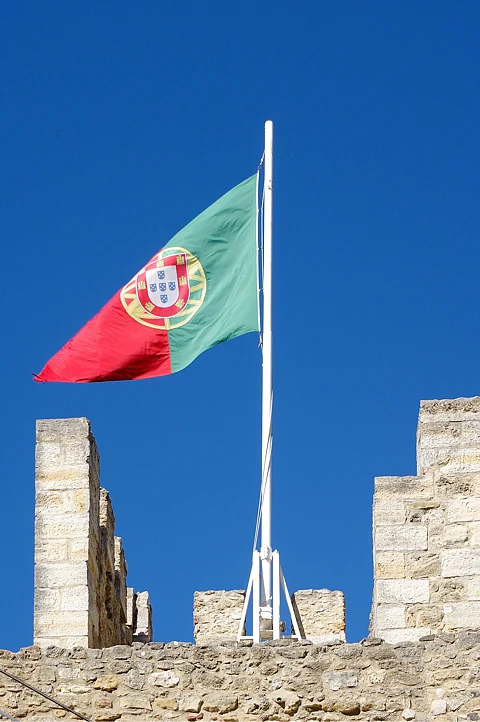

Portugal is heading to its third national election in three years after the collapse of Prime Minister Luís Montenegro’s centre-right minority government, marking the worst political instability in the country’s 51-year democratic history.
The government fell following a parliamentary confidence vote triggered by allegations of conflicts of interest involving Montenegro’s family law firm. The prime minister, who is seeking re-election, has denied any wrongdoing, stating he transferred control of the firm to his wife and children upon becoming leader of the Social Democratic Party (PSD) in 2022.
Portugal, a nation of 10.6 million, has struggled with a fragmented political landscape in recent years. Traditional rivals—the centre-right PSD and the centre-left Socialist Party (PS)—have seen their dominance eroded by the rise of smaller parties, including the far-right Chega ("Enough"), which has capitalized on voter frustration.
On Friday, leaders from both major parties held their final campaign rallies ahead of Sunday’s vote. Socialist leader Pedro Nuno Santos urged supporters to turn out, declaring, “No one can stay home—only the Socialist Party can bring stability to Portugal.”
Montenegro, meanwhile, struck an optimistic tone, telling supporters, “For many years, we haven’t felt such a force in believing what we can achieve as a country.”
But the election comes at a precarious moment. Portugal is in the midst of deploying more than €22 billion in EU development funds, and political uncertainty risks disrupting critical investments.
Chega, a populist anti-immigration party, has surged into third place, mirroring a broader European trend toward right-wing movements. Its leader, André Ventura, made a surprise appearance at his party’s final rally despite recent health concerns, telling supporters, “My health is nothing compared to the problems Portugal faces.”
Recent polls suggest another hung parliament is likely, with Montenegro’s Democratic Alliance (AD) coalition leading but falling short of a majority. The Socialists trail in second, while Chega holds steady at around 19%.
President Marcelo Rebelo de Sousa has called for strong voter participation, warning that Europe’s economic and security challenges demand political stability. Yet with deep divisions and no clear path to a majority, Portugal’s political turmoil shows no sign of ending.